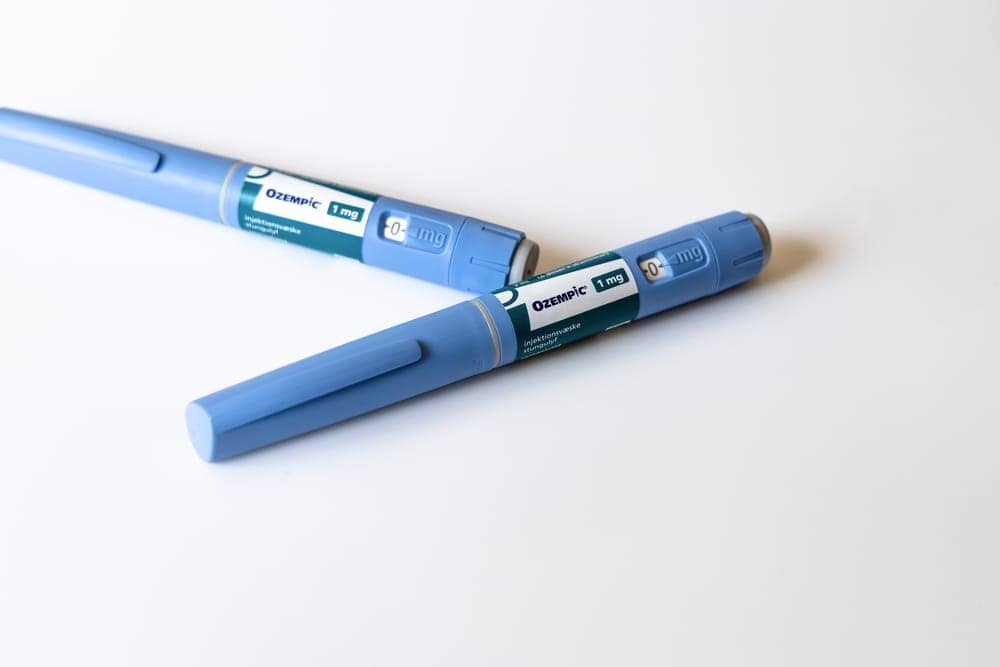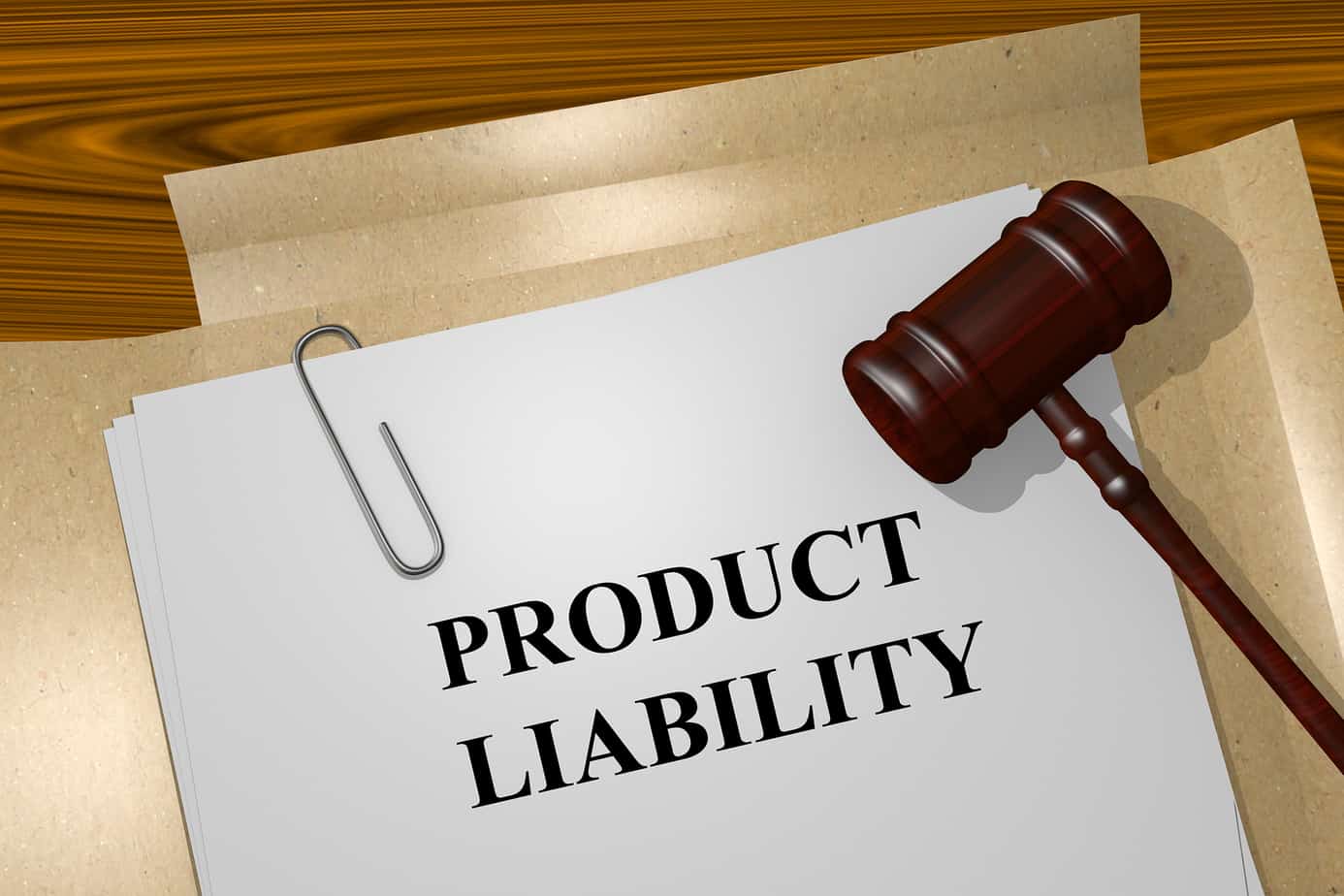Ozempic is a prescription medication that belongs to a class of drugs called GLP-1 receptor agonists. It is used to treat type 2 diabetes and obesity by helping the body produce more insulin and reduce appetite. However, Ozempic has also been linked to serious side effects, such as stomach paralysis, gallbladder problems, and pancreatitis. In this post, we will discuss the recent news about a lawsuit being filed against Novo Nordisk, the company that makes Ozempic, for failing to warn consumers about these risks.
What is the Ozempic lawsuit about?
The Ozempic lawsuit was filed on August 2, 2023, on behalf of a 44-year-old woman from Louisiana who claims she suffered severe injuries after taking Ozempic and Mounjaro, another GLP-1 drug made by Eli Lilly. The lawsuit alleges that the drugmakers did not adequately inform patients and doctors about the potential for gastrointestinal injuries caused by their medications, such as gastroparesis and gastroenteritis.
Gastroparesis, also known as stomach paralysis, is a condition that slows or stops the movement of food from the stomach to the small intestine. It can cause symptoms such as nausea, vomiting, abdominal pain, bloating, weight loss, and malnutrition. Gastroenteritis, also known as stomach inflammation, is an infection or irritation of the digestive tract that can cause diarrhea, cramps, fever, and dehydration.
The lawsuit claims that Novo Nordisk and Eli Lilly “downplayed the severity of the gastrointestinal events” caused by their medications, such as gastroparesis and gastroenteritis. It also accuses them of failing to conduct adequate clinical trials and post-marketing surveillance to monitor the safety and efficacy of their drugs. The lawsuit seeks compensation for medical expenses, pain and suffering, lost wages, and other damages.
How common are these side effects?
According to the FDA, gastrointestinal side effects are “well-known” for the GLP-1 class of drugs. The labels of Ozempic and Mounjaro state that they can cause delays in gastric emptying, which can affect how other drugs are absorbed by the body. They also list nausea, vomiting, abdominal pain and diarrhea as possible side effects.
However, the FDA says it is unclear whether GLP-1 drugs contribute to the occurrence of gastroparesis or gastroenteritis. The agency says it is reviewing data from clinical trials and post-marketing reports to evaluate the risk of these conditions associated with GLP-1 drugs. The agency also advises patients and health care providers to report any adverse events related to GLP-1 drugs to the FDA MedWatch program.
The lawyers representing the plaintiff in the Ozempic lawsuit say they have received over 400 inquiries from clients across 45 states who claim they have suffered similar injuries after taking Ozempic or Mounjaro. They say they plan to file more lawsuits in the coming weeks.
What should you do if you are taking Ozempic or Mounjaro?
If you are taking Ozempic or Mounjaro for type 2 diabetes or obesity, you should not stop or change your medication without consulting your doctor. You should also be aware of the possible signs and symptoms of gastroparesis and gastroenteritis, such as persistent or severe nausea, vomiting, abdominal pain, or diarrhea. If you experience any of these symptoms, you should seek medical attention immediately.
You should also contact a lawyer if you believe you have been harmed by Ozempic or Mounjaro. You may be eligible to join the Ozempic lawsuit or file your own claim against Novo Nordisk or Eli Lilly. A lawyer can help you evaluate your case and protect your rights.
What is gastroparesis?
Gastroparesis is a condition that affects how food moves from your stomach to your small intestine. Normally, when you eat something, your stomach muscles contract and push food along your digestive tract. But with gastroparesis, your stomach muscles don’t work properly or at all. This means that food stays in your stomach longer than it should, or doesn’t move at all.
Gastroparesis can have many causes, such as diabetes, nerve damage, surgery, infection or medication. Some of the symptoms of gastroparesis include:
- Feeling full after eating only a small amount of food
- Nausea and vomiting
- Bloating and gas
- Abdominal pain
- Weight loss or poor nutrition
- Heartburn or reflux
- Changes in blood sugar levels
Gastroparesis can be diagnosed by various tests, such as a gastric emptying study, an upper endoscopy or a barium X-ray. There is no cure for gastroparesis, but treatments can help manage the symptoms and improve the quality of life. Some of the treatments include:
- Dietary changes, such as eating smaller, more frequent meals, avoiding high-fat or high-fiber foods, and drinking enough fluids
- Medications, such as anti-nausea drugs, prokinetics or antibiotics
- Feeding tubes or intravenous nutrition, for severe cases where oral intake is not possible
- Surgery, such as gastric electrical stimulation or gastrectomy, for cases that do not respond to other treatments
Gastroparesis can be a serious and chronic condition that affects your health and well-being. If you have gastroparesis or suspect you might have it, you should talk to your doctor and get proper diagnosis and treatment.



